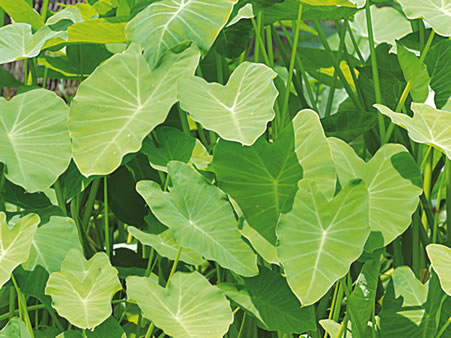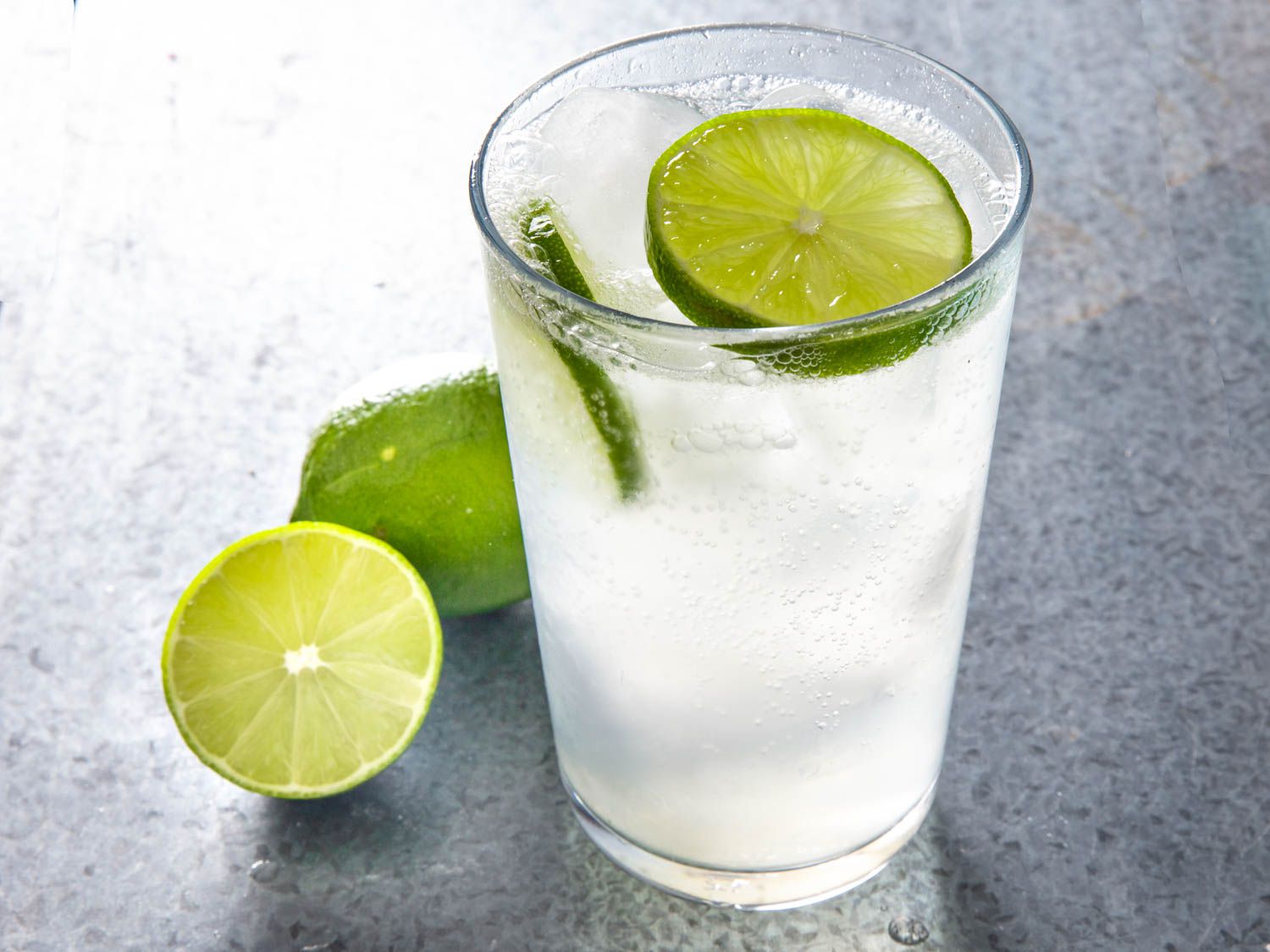Ever heard of cocoyam? If you’re from or have lived in eastern Nigeria, you’ve definitely heard of it. It is so popular in certain parts of the world because it is packed with protein, vitamins, and minerals. It helps stave off famine and is relatively easy to grow.
But most people are completely unaware that its leaves are a super vegetable to beat anaemia. In fact, like ugwu (fluted pumpkin), a regular consumption of cooked cocoyam leaves stimulates blood production.
In a 2018 study, researchers revealed it can support or boost the formation of red blood cells which help to fight anaemia.
The researchers at the College of Medicine, University of Nigeria, Enugu campus, had investigated the hematological (blood building) effects of cocoyam leaf extract in anaemic and normal Wistar rats. It was in the Journal of Medical Sciences.
Nutritionally speaking, cocoyam leaves are extremely high in vitamin A, C and various B vitamins, such as thiamine, riboflavin, and folate. There are also significant levels of manganese, copper, potassium, iron, and calcium. It also has a good amount of dietary fibre and low levels of fats.
In most tropical countries of Africa, vegetables have served as important components in traditional sauces and soups that accompany carbohydrate staples.
They are the cheapest sources of essential nutrients and hence provide nutritional balance and food security which are mutually important for humans both in rural and urban set ups.
While some cultures let their chosen recipe cook the leaves, other cultures prefer to boil the leaves first to ensure all the oxalate, a toxic compound, has been removed. The toxin can irritate the throat if not properly cooked.
In addition, these toxins may have adverse effect on health through inhibition of protein digestion, growth, and iron and zinc absorption.
Experts’ assessment in 2018 Pakistan Journal of Nutrition, however, indicated that its sun-dried form retained more of the nutrients than the fresh and boiled leaves, thus also making its dried form a potential source of nutrients as leafy vegetables.
For the study, graded doses of the extract were administered to the Wistar rats for 14 days and blood samples were collected on days eight and 15 for analysis.
The study revealed dose- and time-dependent increase in hemoglobin, hematocrit, red blood cell, and total white blood cell in normal Wistar rats and total white blood cell in anaemic Wistar rats (higher extract dose).
The observed increase in white blood cell in the normal groups on day eight indicates that the extract may have stimulatory effect on the immune system.
According to them, “The extract may have stimulated the kidney to synthesize erythropoietin for hematopoiesis to occur. The observed effects were both dose- and time-dependent since it was noticed at higher dose of the extract and at longer duration of administration.”
The researchers, however, said further work is required to pinpoint the actual components of the extract responsible for its observed blood-building effect.
Apart from its nutritional quality, cocoyam leaves consumption goes beyond dietary purposes. Since ancient times, it has been used for medicinal purposes by indigenous populations, although some of its applications still require scientific support.
Cocoyam leaves can lower high blood pressure or hypertension. A 2012 study in Iran Journal of Pharmaceutical Research showed the effect of aqueous extract of its leaves evaluated for antihypertensive and acute diuretic activity in rats.
High blood pressure can lead to stroke, damaging the brain’s blood vessels and blocking blood flow to the brain. It also causes ischemic heart disease. So, eating taro leaves will benefit your heart as well.
Besides Vitamin C, cocoyam leaves are rich in vitamin A. They are very good for maintaining visual acuity as well as preventing eye diseases such as cataracts, myopia, and blindness.
The high dietary fibre in cocoyam leaves helps in food digestion and absorption. Cocoyam leaves can prevent digestive problems such as indigestion, constipation, and diarrhoea.
Cocoyam leaves are an excellent source of vitamin C, a water-soluble antioxidant. This vitamin has potent anticancer effects which inhibit the growth of cancerous tumours and lower the progress of cancer cell proliferation.
According to a study, consumption of taro can lower colon and breast cancer rates.
The vitamins and antioxidants in the leaves can also improve the appearance of the skin and help with withdrawal symptoms from nicotine.








